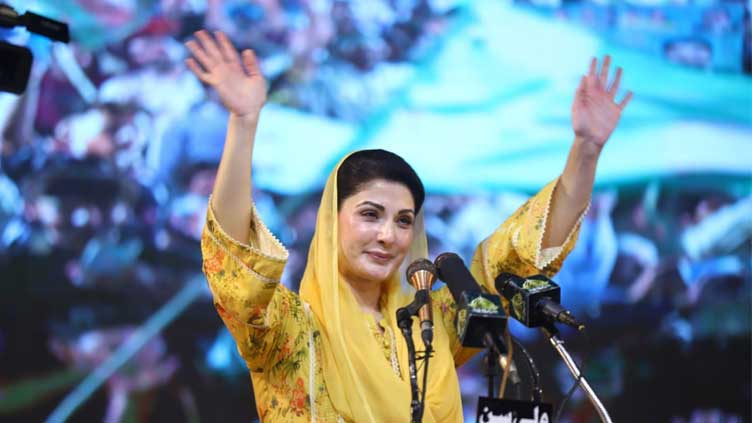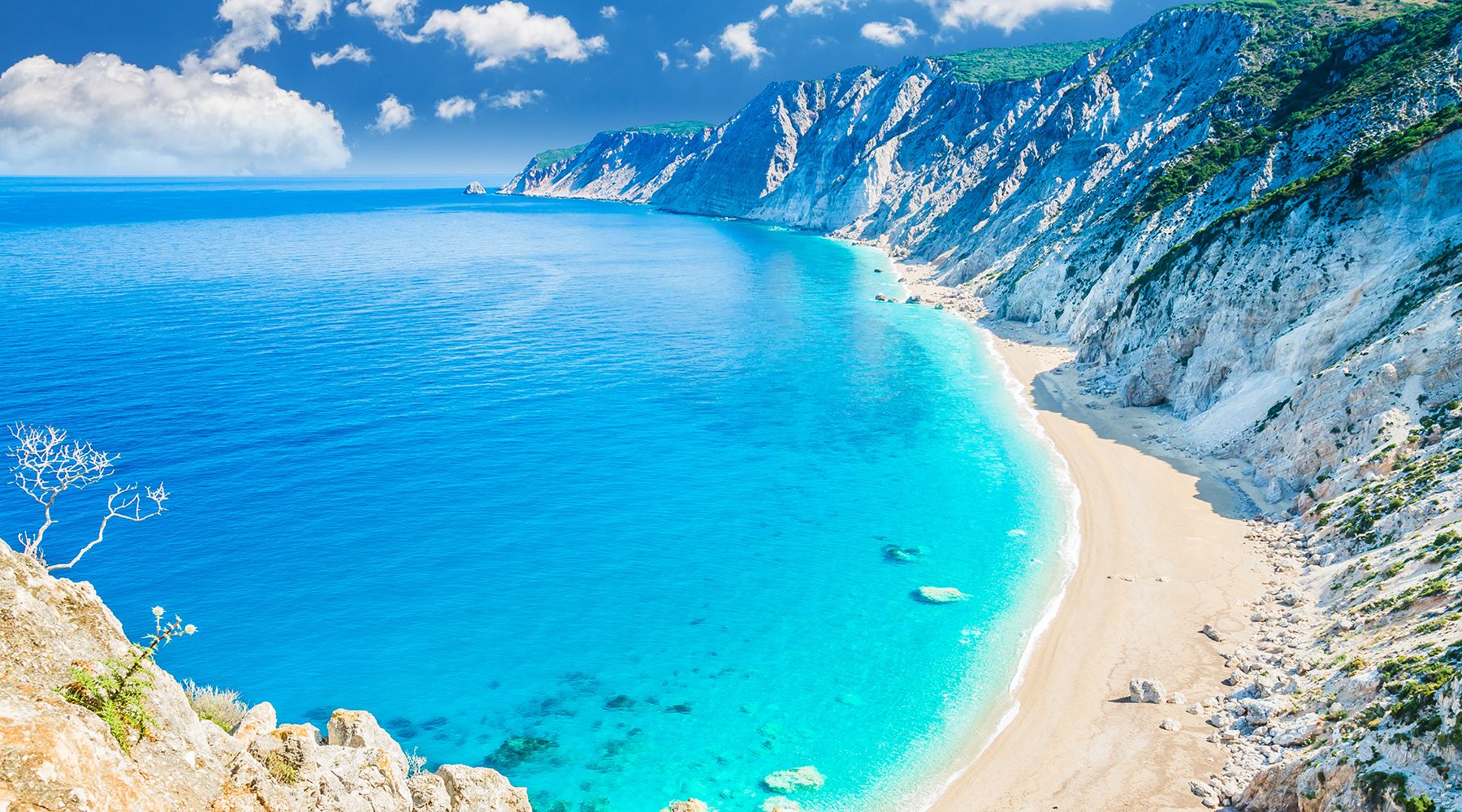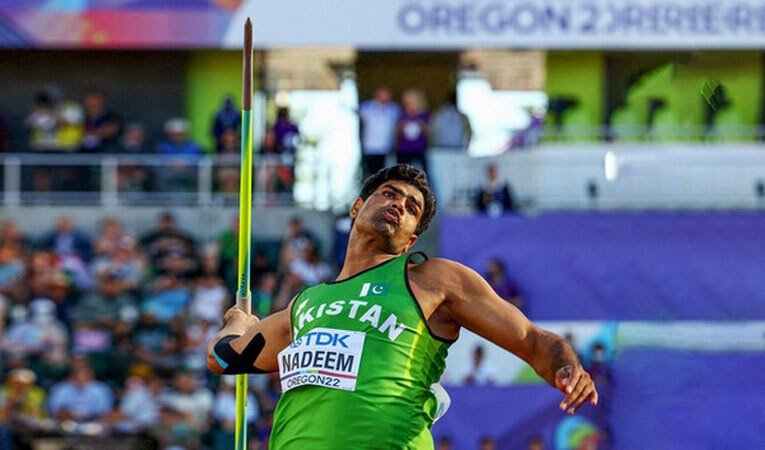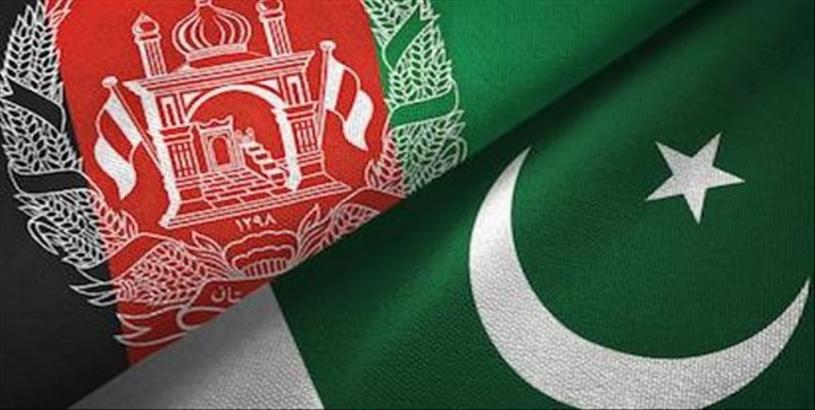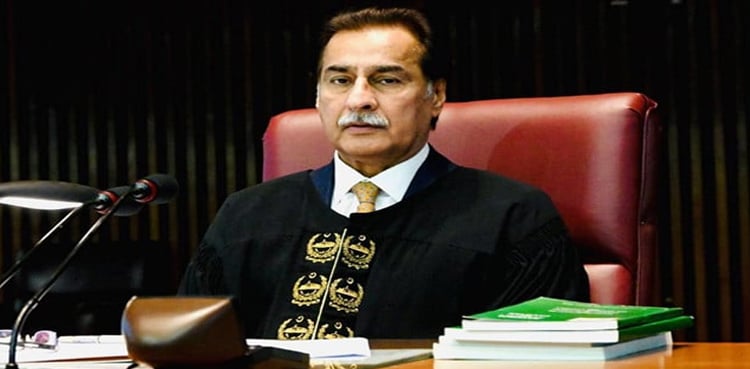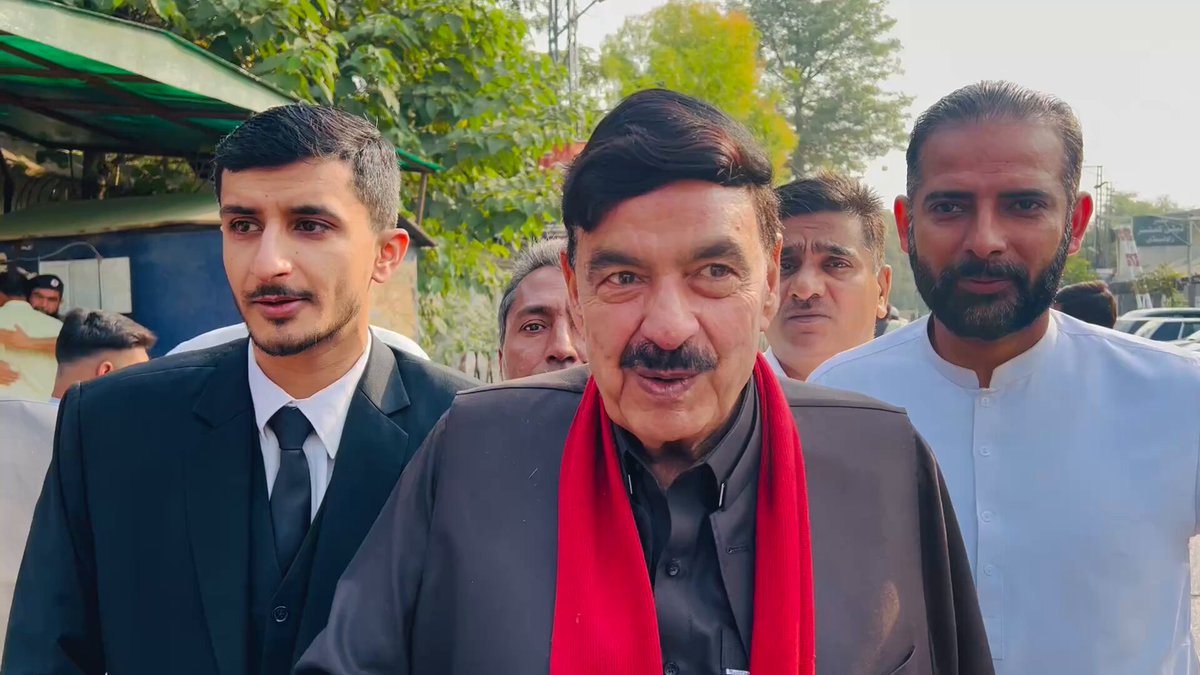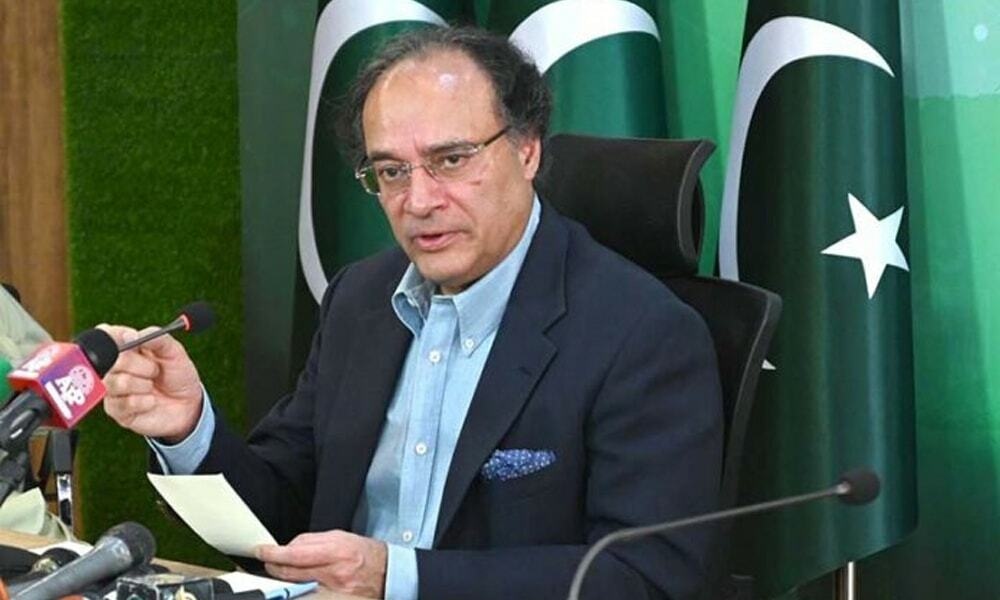Why You Should Be Worried About the Future of PDM
By Muhammad JuniadPublished On 05 Jan 2023
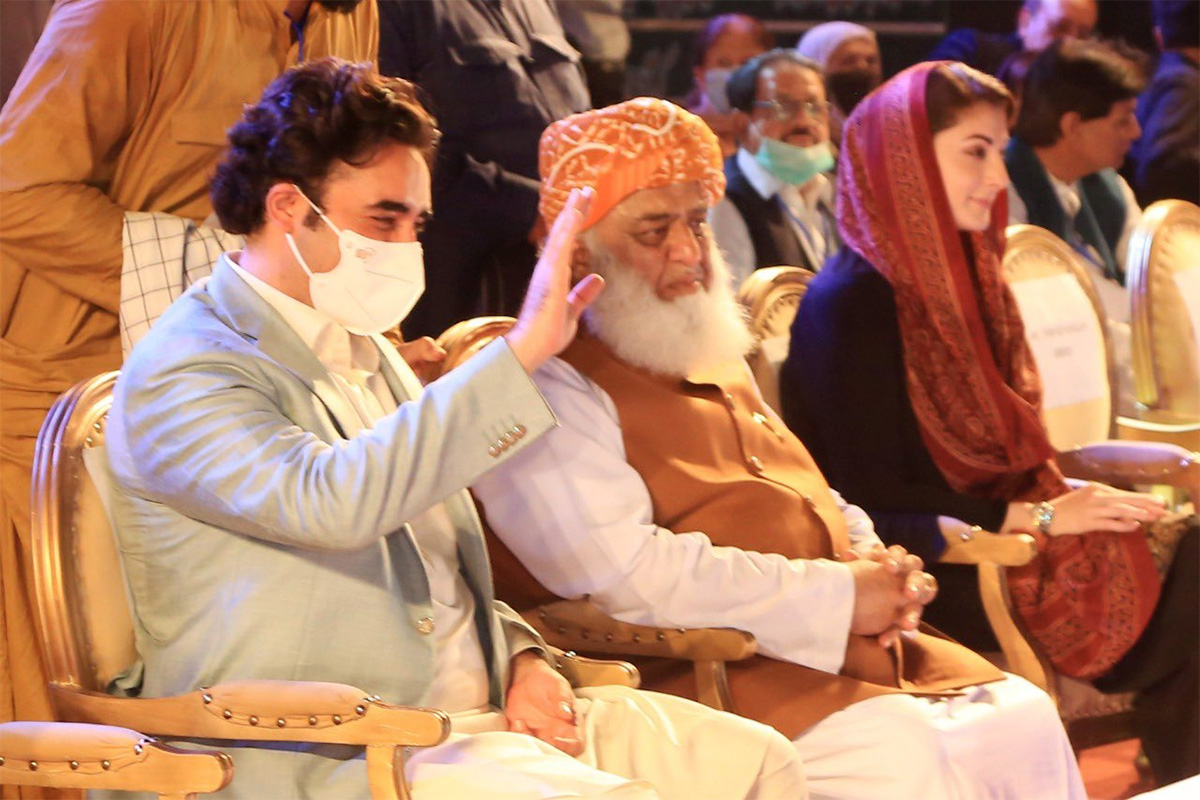
A new unified anti-government movement emerged in Pakistan amid a worsening economic crisis in 2020. The Pakistan Democratic Movement (PDM), an alliance of 11 opposition parties, was formed in September and has held large rallies in major cities.

Through its self-centred means, it has planned and conducted numerous protests across Pakistan as COVID cases spike and third wave approaches. PDM is led by two long-standing parties accused and convicted on corruptions allegations; Since 1990's PMLN is led by former Prime Minister Nawaz Sharif, who was convicted of corruption in 2017 but is now based in London after receiving medical bail, and PTI is led by Asif Ali Zardari, a former convict and president of Pakistan.

They have launched the movement against the PTI’s government incapability to deal with the current situation. However, the narrative put by the opposition parties fails in many turns. While they speak about social justice and democratic rights, they seem to turn a blind eye to their past performances of mighty corruption in their own tenures. After the five-year black rule of the PPP under Zardari from 2008 to June 2013, during which Pakistan’s economy slumped, terrorism peaked, energy crisis and corruption scaled new heights and prestige of the country nosedived, PML-N under Nawaz Sharif (NS) regained power in 2015 and he became Prime Minister for the third time. NS was disqualified due to corruption in July 2017.

Nawaz Sharif and his daughter Maryam were convicted and jailed in June 2018 on account of failing to give money trail of assets. Under the given circumstances, PTI’s victory in July 2018 was a foregone conclusion and it formed governments in the center, and Punjab with a narrow margin and in Khyber Pakhtunkhwa with majority.

As PMLN and PPP's power declines, the PDM alliance pretends to a be social justice movement for democracy yet fails to realise that social movements are based on actual concerns of the oppressed. Historically, leaders ascend from within them, not rich heirs of industrialists who were already coming from the elite leadership.
By contrast, around the world, "real" social movements have played pivotal roles in overthrowing slavery, colonialism, and other forms of oppression and injustice. For example, tactics such as the boycott, which comes from the Irish struggle against British colonialism; the hunger strike, which has deep historical roots in India and Ireland and was widely used by women suffragettes in the U.K.; and nonviolent direct action, devised by Mahatma Gandhi in South Africa and India have been applied, refined and shared across continents.
They led to the overthrow of many unjust systems, including the global colonial order. Nawaz Sharif has openly given a order of disobedience, non-payment of tolls and taxes, laying siege to the capital and major cities to paralyze the government and to disrupt public life. He couldn’t have behaved so aggressively had he not been assured by the British government that he will not be extradited to Pakistan under any circumstances.

These kinds of acts of bravery in defiance to rules are formed from lived experiences of the oppressed, not from children fed with golden spoons like Maryum or Bilawal would have us believe. Past scientific studies in the field have found that the civil movements arose organically from within the oppressed communities which also organised, designed, funded and implemented them. It continued a centuries-long tradition of resistance to oppression that had begun on slave ships and contributed to the abolition of slavery.
Scholars argue that social movements are power struggles the power to change oppressive social conditions. Because marginalised groups cannot effectively access normal political processes such as elections, lobbying or courts, they must employ “unruly” tactics to realize their interests. As such, movements are insurgencies that engage in conflict with the authorities to pursue social change; effective organization and innovative strategy to outmanoeuvre repression are key to success.

However, when the leadership which caused such conditions and pretends now join the other cause just because they are not in power is hypocrisy at its best. The disruptive tactics used by PDM are protests without facemasks, courting mass arrest to more destructive ones, including looting, urban rebellions and violence are out of order concerning the economic and health situation of the country. Whichever tactics are employed, the ultimate goal is to disrupt the society sufficiently that the country is capitulate to the movement’s demands in exchange for the restoration of their power. The persistent attacks on the military leadership by Nawaz Sharif and his daughter Maryam Nawaz, as well as their fixation on knocking down the entire system, remains a contentious topic.
Collective behaviour theorists were right that emotions matter, but they had the wrong end of the stick. Injustice generates anger and righteous indignation, which organizers can summon in strategizing to address the pains of oppression. Love and empathy can be evoked to build solidarity and trust among protesters. Far from being irrational distractions, emotions, along with transformed mental attitudes, are critical to achieving social change. While rumours such as the fact money is handed out at these protests is not comforting.

When all PDM is fighting for their right to be power but not just the betterment of all people it is not a social movement anymore, and more so it has nothing to do with democracy but more so about their obsession with calling the shots and being beneficiaries of an unjust system. Imran Khan has been given a 5-year mandate to eradicate corruption and the corrupt elements.
For the first time in 15 years, a leader has come to power which is not from Pakistan Muslim League-Nawaz or Pakistan People’s Party. Historically we know whenever the public comes out in the streets it is against the oppressors, not to protect the corruption of the oppressors and that is why PDM will fail in its power pursuit but not without taking the country into ruins with it.
Written By: Hamza Amin

